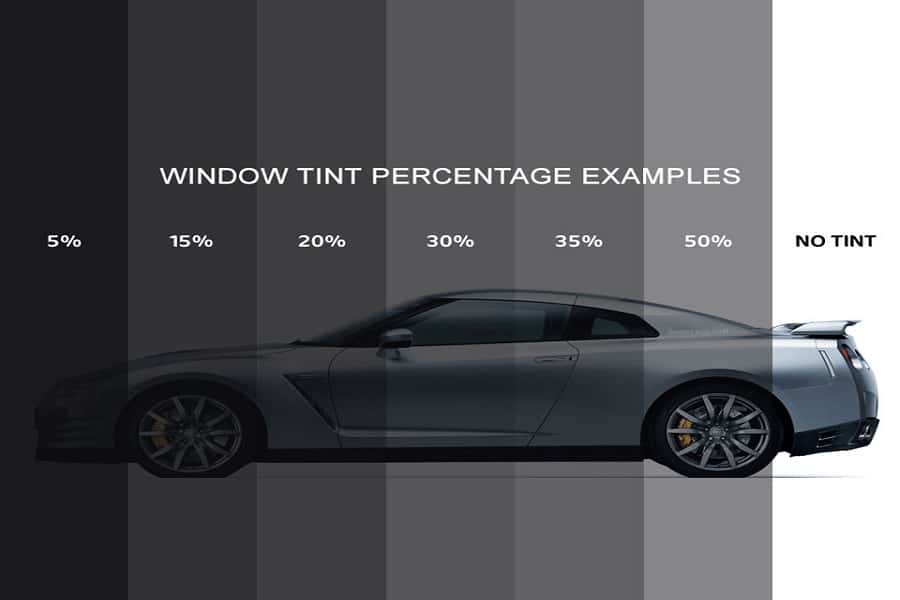Home Window Tinting Regulations: What You Required to Know Prior To Tinting Your Cars And Truck
Comprehending home window tinting laws is vital for any type of car proprietor thinking about tinting their automobile. As you contemplate enhancing your vehicle's look and functionality, it is vital to comprehend not only the legal ramifications but also the sensible factors to consider that come with choosing the right color.
Importance of Understanding Color Laws
Understanding home window tinting laws is crucial for lorry owners to guarantee conformity with state guidelines. These legislations determine the allowable levels of tint darkness and reflectivity, which can substantially differ from one jurisdiction to another. Falling short to stick to these laws can lead to penalties, obligatory elimination of the color, and possible complications throughout car examinations.
In addition, comprehending these legislations assists lorry proprietors make educated choices regarding their tinting options. Various sorts of home window movies supply numerous advantages, such as UV defense, warmth rejection, and glare decrease. Nonetheless, without expertise of the legal restrictions, lorry proprietors take the chance of choosing products that might inevitably lead to lawful issues.
Additionally, understanding of tinting legislations cultivates a much safer driving setting. window tinting. Excessively dark colors can impair exposure, increasing the danger of mishaps, specifically in the evening or in damaging climate condition. Police additionally make use of these policies to make certain road safety and security, making conformity not just an individual obligation however a lawful commitment
State-Specific Tint Laws
Each state in the united state has actually established its own specific guidelines pertaining to home window tinting, reflecting a diverse selection of criteria and requirements. These regulations can vary substantially, influencing how vehicle proprietors come close to installation and compliance. For instance, some states enable darker colors on back windows while enforcing strict limitations on front-side windows.
In addition, laws commonly specify allowed tint materials and colors. Particular states forbid reflective colors completely, while others may allow them to a minimal level. Some jurisdictions mandate that lorries with colored home windows show a sticker showing compliance with state laws, offering a clear identification for regulation enforcement.
Enforcement of these laws also differs; some states are extra proactive, performing random checks, while others depend on grievances or visible offenses to initiate enforcement. Lorry owners ought to know that failure to adhere to state-specific tint regulations can result in penalties, mandatory elimination of prohibited colors, or both.

Legal Color Percentages
Figuring out the legal color percentages is vital for automobile proprietors seeking to comply with state policies. Each state has details legislations controling just how much light must go through the home windows of a car, which is expressed as a percentage called Noticeable Light Transmission (VLT) This portion differs dramatically throughout states and can depend on the kind of home window-- front side, back side, and windscreen.
For example, some states enable as window tinting little as 20% VLT on front side windows, while others may allow approximately 50%. Windshield tinting is typically more restricted, with numerous jurisdictions allowing just a slim band of tint at the top of the windshield. On the other hand, rear home windows commonly have much more tolerant regulations, with some states allowing darker tints.
It is important for lorry proprietors to acquaint themselves with their neighborhood regulations to prevent potential lawful issues. This includes understanding exactly how VLT is determined, as it can vary based on the kind of window movie used. Remaining informed regarding these laws makes sure compliance and advertises risk-free driving problems for both the vehicle owner and others when driving.
Effects of Non-Compliance
Falling short to stick to home window tinting laws can lead to significant consequences for lorry proprietors. Police officers trained to determine unlawful tint degrees may provide fines, which can differ by territory but usually range from modest to significant amounts.

Insurance coverage firms might additionally penalize for non-compliance, as illegal modifications can be considered as a violation of plan terms. If an occurrence occurs., this could influence coverage prices or lead to complications in cases.
Inevitably, the consequences of non-compliance extend past immediate monetary fines; they can impact a motorist's insurance prices, legal standing, and general automobile value, emphasizing the significance of adhering to neighborhood home window tinting regulations.
Tips for Picking Tinting Options
Comprehending the effects of non-compliance highlights the importance of making notified selections when picking window tinting alternatives. Acquaint yourself with your state's specific regulations relating to tint darkness and reflectivity. Each state has one-of-a-kind laws Get More Information that dictate the permissible limitations, so ensure you remain within these standards to prevent fines.
Secondly, think about the kind of color material. Choices include dyed, metalized, and ceramic colors, each offering varying degrees of heat rejection, UV defense, and durability. Ceramic tints give superior warmth resistance without conflicting with electronic devices, making them hop over to here a prominent option.
Furthermore, analyze your key objective for tinting. If you seek boosted personal privacy, go with darker tints; nevertheless, keep in mind that this may impact exposure at evening. On the other hand, if glare reduction and UV protection are your primary issues, lighter colors may suffice.
Finally, seek advice from with a specialist installer who is educated regarding local laws and can suggest high-grade products matched to your needs (window tinting). Taking these aspects right into account will ensure you make an educated decision, ultimately boosting both your vehicle's appearances and capability
Verdict
In verdict, familiarity with home window tinting legislations is crucial prior to using tint to an automobile. By understanding lawful requirements and picking suitable tint products, automobile proprietors can achieve visual improvement while continuing to be certified with relevant regulations.
Comprehending window tinting laws is vital for any lorry owner considering tinting their car.Recognizing window tinting regulations is important for vehicle owners to make sure conformity with state laws. Some states allow darker tints on back windows while imposing rigorous restrictions on front-side home windows.
In contrast, rear home windows typically have extra lax policies, with some states permitting darker colors. (window tinting)
In conclusion, familiarity with window tinting laws is crucial prior to applying color to a lorry.